Indonesia may expand the local component requirement that got the iPhone 16 banned
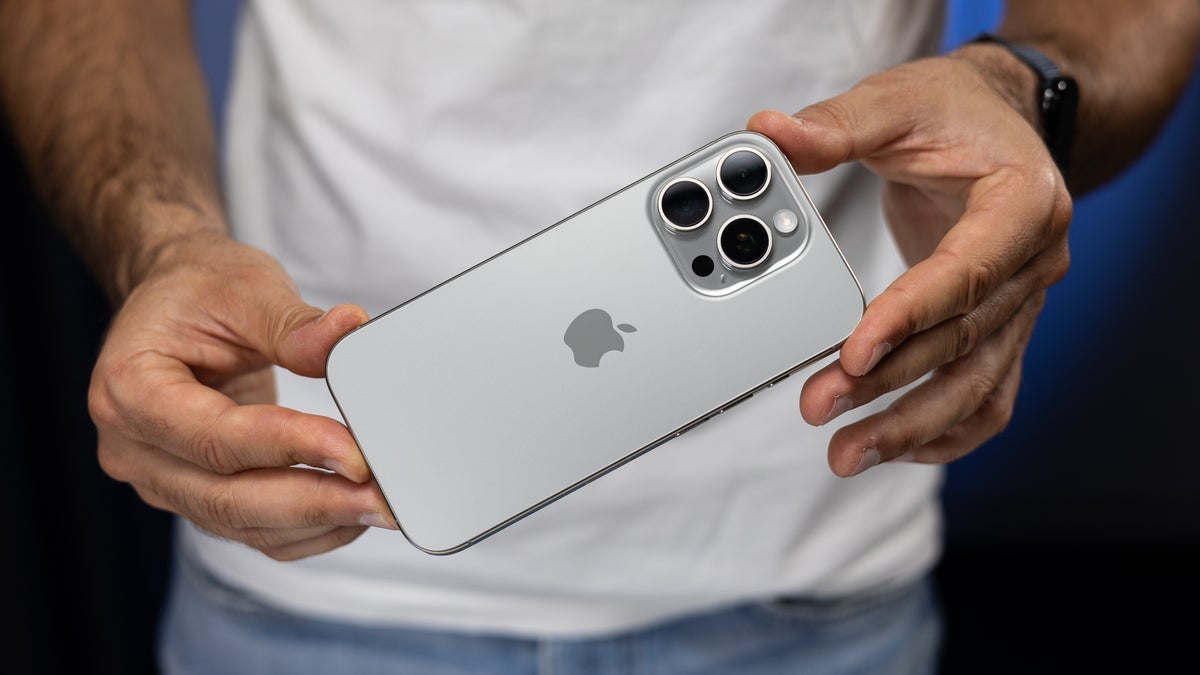
More of the same: Indonesia is about to do something that might lead to an even bigger phone sales ban!
Now, a new Reuters report reads that Indonesia is set to raise the requirements for local components in smartphones manufactured and sold within the country, the deputy industry minister announced on Tuesday. This initiative is part of a broader effort to strengthen the domestic manufacturing sector.
As you probably know, the fourth most populous country in the world (that's just another way of saying Indonesia) has recently said "No!" to Apple, when all Apple wanted to do was sell its latest iPhone 16 in Indonesia.
Then, Google's Pixel 9 line was also barred from being sold in Indonesia.
Why?
Well, Indonesia has implemented regulations requiring a specific percentage of locally manufactured components in phones sold domestically. Pixel 9 and iPhone 16 phones fall short of this requirement, which led to their exclusion from the market.
Indonesia wants at least 40% of a device’s components to be produced locally.
Indonesian officials say the rules aim to create a level playing field for investors in the country. While consumers can buy "forbidden" Pixel and iPhones phones abroad and bring them into Indonesia after paying the required taxes, the government may consider deactivating phones that are imported through unofficial channels.
Tourists can bring their devices, so if you're planning an exotic holiday in Indonesia, you'll be fine.
Apple isn't particularly happy about the situation, so they promised to invest $100 million (nice little sum) in Indonesia if the country ends the iPhone 16 sales ban. The idea is to build an accessory and component plant, but that won't fly, apparently.
Per earlier reports, Indonesia has rejected Apple’s $100 million investment proposal.
Will Apple make another proposition? We'll just have to wait and see.
Now, a new Reuters report reads that Indonesia is set to raise the requirements for local components in smartphones manufactured and sold within the country, the deputy industry minister announced on Tuesday. This initiative is part of a broader effort to strengthen the domestic manufacturing sector.
Then, Google's Pixel 9 line was also barred from being sold in Indonesia.
Well, Indonesia has implemented regulations requiring a specific percentage of locally manufactured components in phones sold domestically. Pixel 9 and iPhone 16 phones fall short of this requirement, which led to their exclusion from the market.
Indonesia wants at least 40% of a device’s components to be produced locally.
Indonesian officials say the rules aim to create a level playing field for investors in the country. While consumers can buy "forbidden" Pixel and iPhones phones abroad and bring them into Indonesia after paying the required taxes, the government may consider deactivating phones that are imported through unofficial channels.
Apple isn't particularly happy about the situation, so they promised to invest $100 million (nice little sum) in Indonesia if the country ends the iPhone 16 sales ban. The idea is to build an accessory and component plant, but that won't fly, apparently.
Per earlier reports, Indonesia has rejected Apple’s $100 million investment proposal.
Will Apple make another proposition? We'll just have to wait and see.
Follow us on Google News




![Some T-Mobile users might be paying more starting in March [UPDATED]](https://m-cdn.phonearena.com/images/article/176781-wide-two_350/Some-T-Mobile-users-might-be-paying-more-starting-in-March-UPDATED.webp)
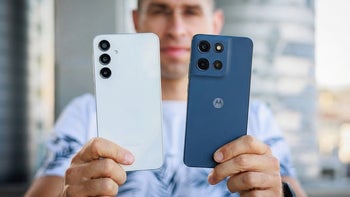
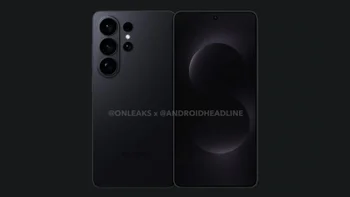

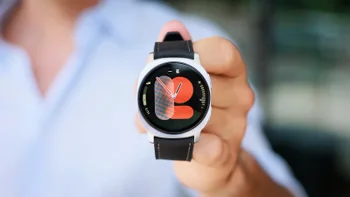
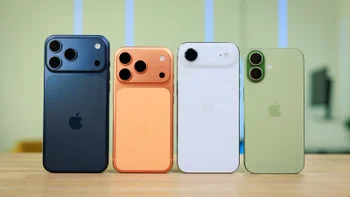
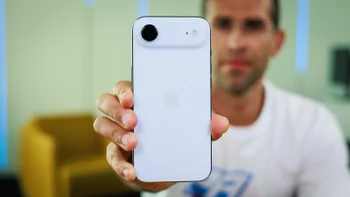

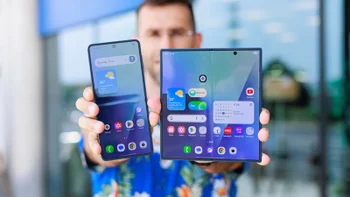

Things that are NOT allowed:
To help keep our community safe and free from spam, we apply temporary limits to newly created accounts: